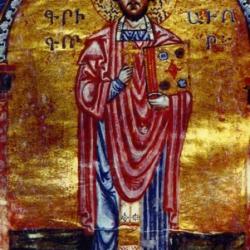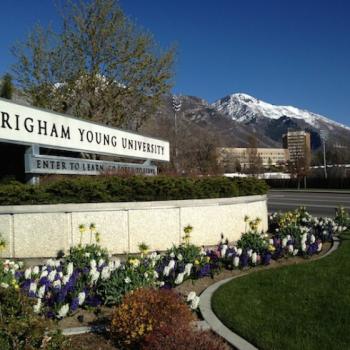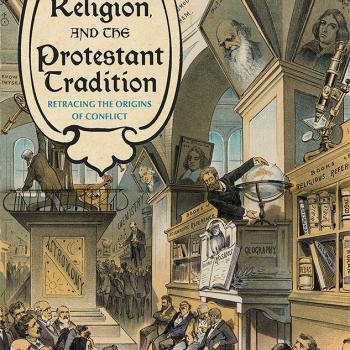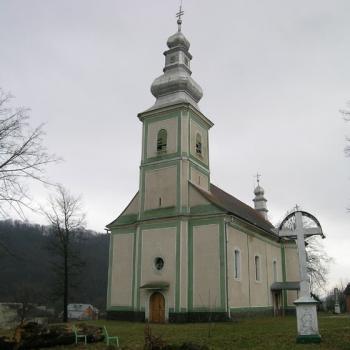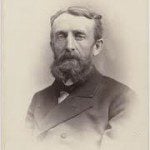
Members of religious orders who served as faculty on the first universities of the Middle Ages would certainly find it of more than passing interest that the term “university” today is often associated with adjectives such as “modern” and “secular” as in the “modern secular research university.”
In the United States, pride of place in cementing these associations might well go Cornell University, co-founded in 1865 by Andrew Dickson White (1832-1918), who desired that a “non-sectarian” university contribute to the onward and upward progress of science and secularism in the sect-bewildered America of the nineteenth century. (White is the author of the well-known History of the Warfare of Science with Theology in Christendom, so he had, as we say in the South, a “dog in the fight” in founding a university bereft of religious influence.)
Recently, I visited Cornell to deliver a talk in the Beimfohr lectureship sponsored by Chesterton House, a Christian Studies Center at Cornell founded in 2000. Chesterton House is not alone, I discovered, but one of 29 religious organizations that are a part of Cornell United Religious Work, a hub of faith-based organizations that “offer programs of worship, study, and social life, as well as opportunities for students to engage in interfaith dialogue.”
While at Cornell, I learned several noteworthy things. I met with a group of students and discovered that the (Jewish) Hillel House sponsored a speech contest on “human dignity” won by a woman who transferred from (of all places) Liberty University. I learned that ministries such as Campus Crusade for Christ (now known as Cru) are thriving. I also met a number of thoughtful Christians on the faculty. Foremost in my post-visit ruminations, however, was Chesterton House itself, founded and directed by Karl Johnson, a Cornell undergrad and PhD. As this Center describes itself:
Our mission is to facilitate discovery of the intellectual riches of the historic Christian faith, thereby empowering more faithful Christian living. We do this by:
- providing living learning residential facilities for young men and women
- sponsoring large public lectures by leading Christian scholars
- hosting small group discussions on wide-ranging topics
- maintaining a resource room of the best Christian scholarship
- providing speakers for fellowship meetings and retreats
Andrew Dickson White might not be too happy with this development. But more than a few Cornell students certainly seem to be. The Center allows students to go beyond dissecting religion under the antiseptic auspices of a putatively neutral “secularism”; it allows them to realize that the Christian faith itself possesses intellectual resources that can provide trenchant understandings and criticisms of “modern secularism.”
Too bad Andrew Dickson White is not still around. Along with its robust Christian standpoint, Chesterton House evinces an ethos of probing inquiry that suggests that it would want nothing more than to enter into respectful dialogue with a figure such as White. If White had somehow had this opportunity, he might have realized that his metaphor of the “warfare” between science and theology was overwrought. The folks I met at Cornell seemed hungry for genuine, respectful dialogue. One can be forgiven for hoping that the intellectual legatees of White would want the same.



